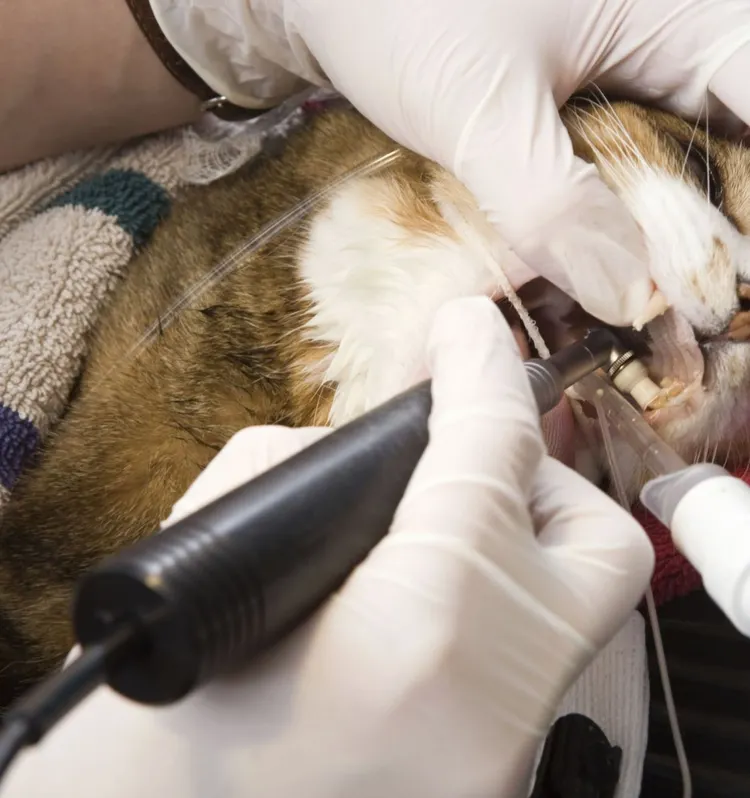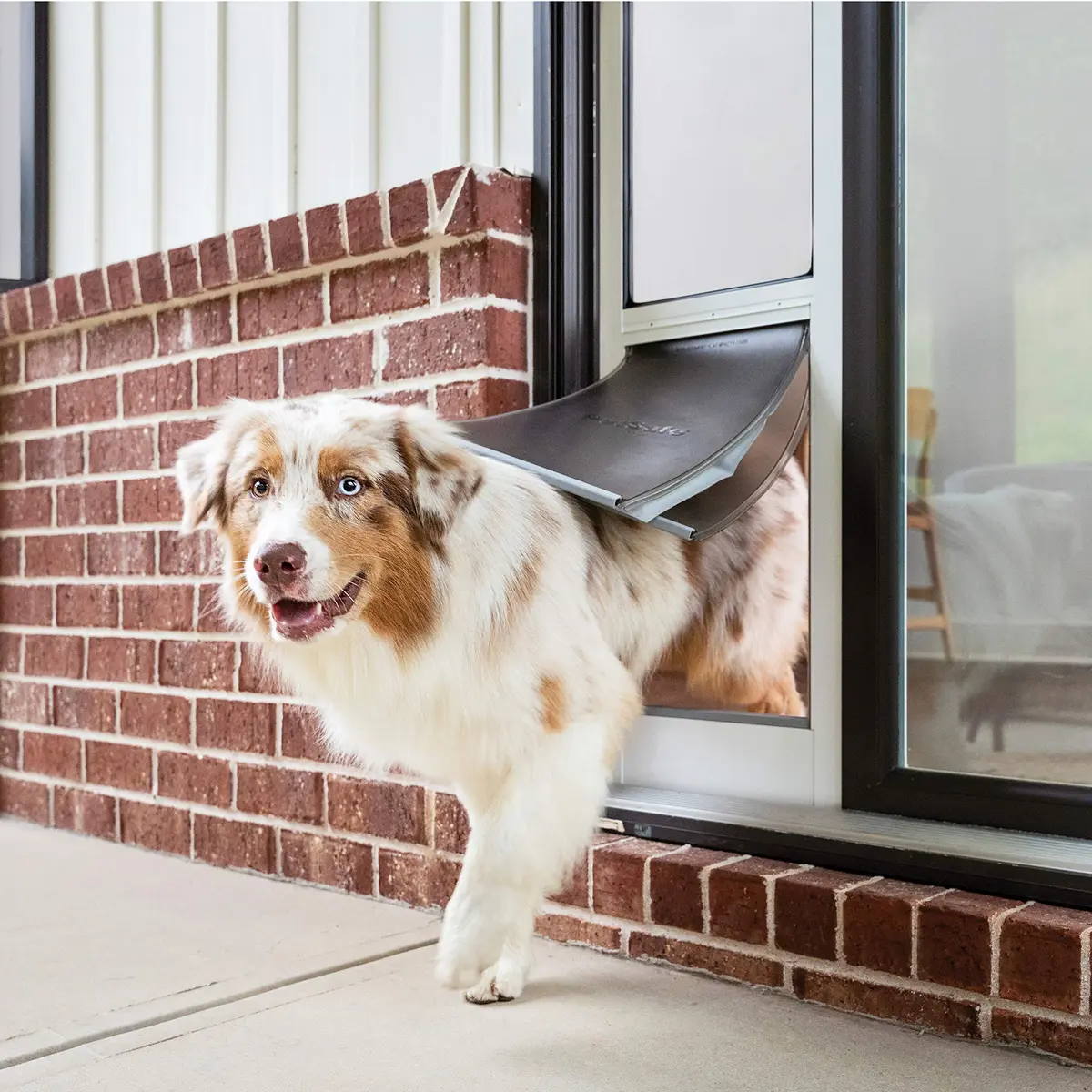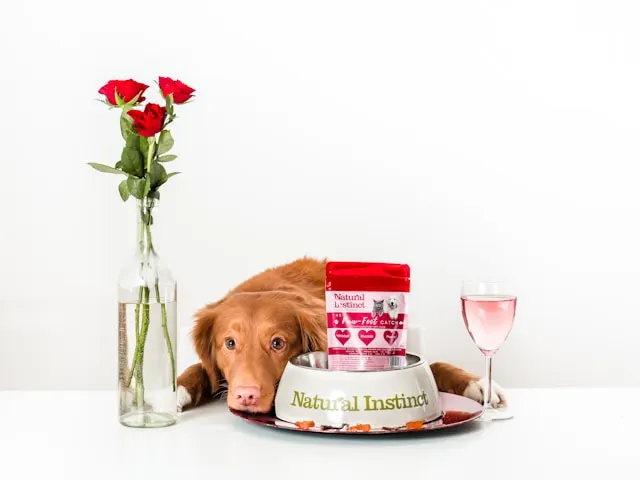Is your cat shying away from their favorite kibble or acting strangely when they try to eat? Dental issues in cats are more common than you might think, and sometimes surgery is necessary to get them back to their purring best. Cat teeth surgery, though daunting, can be life-changing for your feline friend, allowing them to eat, play, and live comfortably again. This comprehensive guide will walk you through why cats need dental surgery, what the procedure entails, and how you can support your cat’s recovery in an eco-friendly and sustainable way.
Why Do Cats Need Teeth Surgery?
Dental health is as important for cats as it is for humans, but it’s often overlooked until serious issues arise. Several dental problems can lead to the need for surgery. Here are the most common ones:
1. Tooth Resorption
Tooth resorption is one of the most frequent reasons for dental surgery in cats. This condition causes the structure of the tooth to break down, leading to severe pain. It’s not always noticeable at first because cats instinctively hide their pain, but signs include difficulty eating, pawing at the mouth, or drooling.
2. Periodontal Disease
Periodontal disease occurs when plaque and tartar build-up leads to gum inflammation and infection. If untreated, it can cause significant damage to the teeth and gums, requiring surgical intervention to remove the affected teeth. This disease can also lead to systemic health issues, such as kidney or heart problems.
3. Broken or Fractured Teeth
Cats, especially those that roam outdoors, are susceptible to breaking or fracturing their teeth from accidents or chewing on hard objects. A broken tooth can expose the sensitive inner layers of the tooth, causing extreme pain and increasing the risk of infection.
4. Abscesses
A dental abscess is a pocket of pus caused by bacterial infection, typically following an untreated broken tooth or severe periodontal disease. Surgery is required to drain the abscess and remove the infected tooth.
5. Feline Odontoclastic Resorptive Lesions (FORLs)
FORLs are a common and painful dental condition in cats. These lesions can cause the breakdown of a tooth’s structure below the gum line. When a lesion is found, extraction is often necessary.
Untreated dental issues can lead to chronic pain, infection, and even organ damage in cats. Therefore, addressing these problems early and following up with the right treatments can significantly improve your cat’s overall health and longevity.
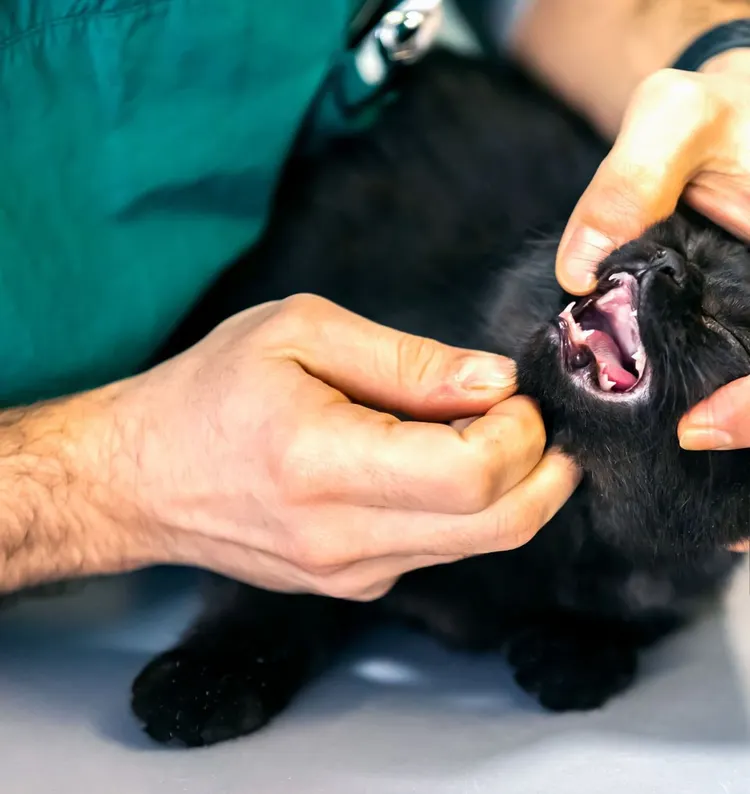
Types of Cat Dental Surgeries
While dental surgery might sound intimidating, it’s sometimes the only way to resolve painful conditions and improve your cat’s quality of life. Here are some common types of dental surgeries for cats:
1. Extractions
This is the most common form of dental surgery for cats. When a tooth is too damaged to be repaired, extraction is necessary to relieve pain and prevent infection. Cats can adapt surprisingly well after extractions, even if they lose multiple teeth, and continue to live happily without them.
2. Abscess Drainage
In cases of severe infection, an abscess may need to be surgically drained to prevent the spread of bacteria. This is often followed by a course of antibiotics to ensure the infection is fully cleared.
3. Treatment for Feline Odontoclastic Resorptive Lesions (FORLs)
FORLs can lead to severe pain as the teeth start to break down. When caught early, surgery to remove the affected tooth can prevent further deterioration and discomfort.
Preparing for Surgery
Preparing for your cat’s dental surgery, both mentally and practically, can help ease the process for you and your pet. Here’s how you can prepare sustainably:
1. Mental Preparation
While surgery might feel overwhelming, remember that it is often necessary to relieve your cat’s pain and prevent further health complications. Speak with your vet to understand the details of the surgery and the recovery process so you know what to expect.
2. Eco-Friendly Pre-Surgery Care
- Bamboo Toothbrushes: Using a bamboo toothbrush designed for pets is a great way to maintain your cat’s oral hygiene in an environmentally conscious way before surgery. Regular brushing helps prevent tartar buildup and keeps gums healthy.
- Natural Water Additives: There are natural, eco-friendly water additives available that promote oral health by reducing plaque and freshening breath, which can be especially beneficial before your cat undergoes surgery.
- Natural Pet Mouthwash: Some organic pet mouthwashes use safe, natural ingredients that can reduce bacteria in your cat’s mouth, helping to prevent further dental complications before surgery.
What to Expect During Surgery
Understanding the dental surgery process can help ease your anxiety. Here’s what typically happens during a cat’s dental surgery:
1. Sedation
Cats are placed under general anesthesia to ensure they remain still and pain-free during the procedure. Your vet will closely monitor your cat’s heart rate, blood pressure, and oxygen levels throughout the surgery to ensure they remain stable and safe.
2. The Procedure
Depending on the severity of the dental problem, the surgery may involve extracting damaged teeth, draining abscesses, or treating other dental issues. Your vet will remove any infected or damaged teeth and clean the surrounding areas to ensure a healthy recovery.
3. Post-Surgery Monitoring
After the procedure, your cat will remain under observation to ensure they wake up safely from the anesthesia. Most cats recover quickly from anesthesia, but they might be groggy or disoriented for a few hours post-surgery.
Post-Surgery Care: Eco-Friendly Solutions
Once your cat has had their dental surgery, proper aftercare is essential for a smooth recovery. Here’s how to care for them in an eco-friendly and sustainable way:
1. Create a Comfortable Recovery Space
Ensure your cat has a quiet, comfortable space to rest while they recover. Opt for sustainable, organic bedding made from materials like hemp or organic cotton. Avoid synthetic or plastic-based materials whenever possible.
2. Soft, Eco-Friendly Food Options
After surgery, your cat will need to eat soft food that’s easy on their mouth. Consider making homemade soft food from organic ingredients, like cooked chicken or fish, blended with water or bone broth. This not only helps your cat recover but is also a more sustainable option than canned foods with lots of packaging.
3. Sustainable Pet Bowls
Choose eco-friendly bowls made from bamboo or stainless steel, which are better for the environment than plastic. These materials are also safer for your cat, as plastic can harbor bacteria and may contain harmful chemicals.
4. Natural Supplements
To support your cat’s healing, consider natural supplements such as organic bone broth or probiotics. These can help with inflammation and boost the immune system as your cat recovers from surgery.
5. Non-Toxic Cleaning Solutions
Keep your cat’s recovery area clean using non-toxic, eco-friendly cleaning products. Vinegar and baking soda are great natural alternatives to chemical cleaners and can help maintain a safe environment for your cat during recovery.
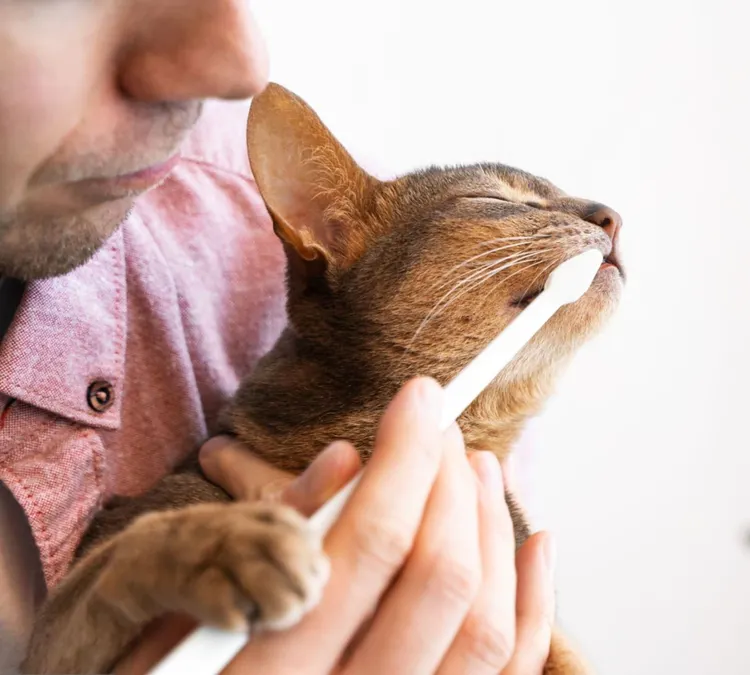
Long-Term Dental Health for Cats
Once your cat has recovered, maintaining their dental health is crucial to avoid future surgeries. Here are some eco-friendly ways to keep their teeth and gums healthy:
1. Regular Brushing
Brushing your cat’s teeth is the best way to prevent plaque and tartar buildup. Use a pet toothbrush made from sustainable materials, like bamboo, and opt for natural toothpaste that’s safe for cats.
2. Balanced Diet
A balanced diet is essential for good dental health. Look for high-quality, sustainably sourced cat food that provides the nutrients your cat needs for strong teeth and bones. Raw food diets, when properly managed, can also help keep teeth clean by mimicking the natural process of chewing meat.
3. Dental Chews and Toys
Eco-friendly dental chews made from natural materials can help maintain your cat’s oral hygiene by reducing plaque buildup. You can also find toys made from hemp or recycled materials that promote chewing and oral health.
4. Regular Vet Check-Ups
Regular dental check-ups with your vet are important for catching potential dental issues early. Ask your vet about natural, eco-friendly dental products or treatments that can support your cat’s oral health between visits.
While cat dental surgery may seem daunting, it is often necessary to relieve your cat’s pain and improve their overall quality of life. By preparing for surgery and caring for your cat in a sustainable, eco-friendly way, you can support their recovery while also reducing your environmental impact. Remember, proper long-term dental care is key to preventing future issues, so incorporating eco-friendly practices into your cat’s daily routine is a win for both your cat’s health and the planet.

